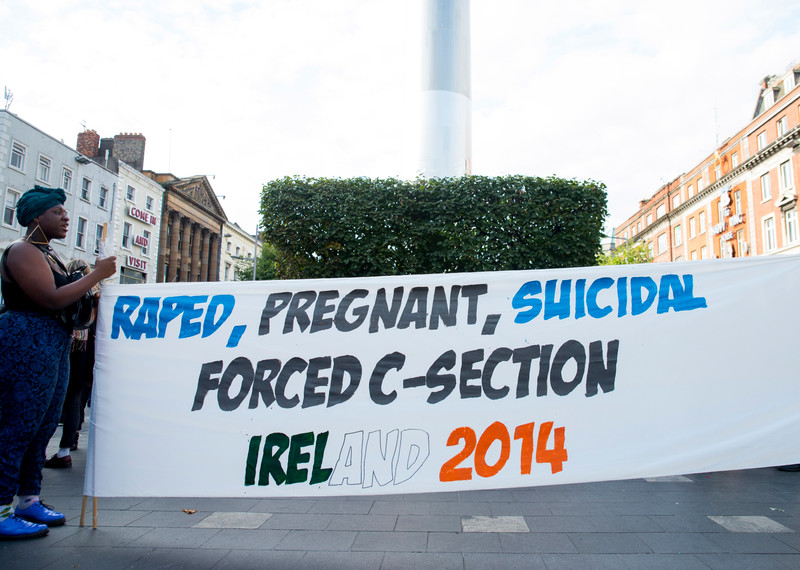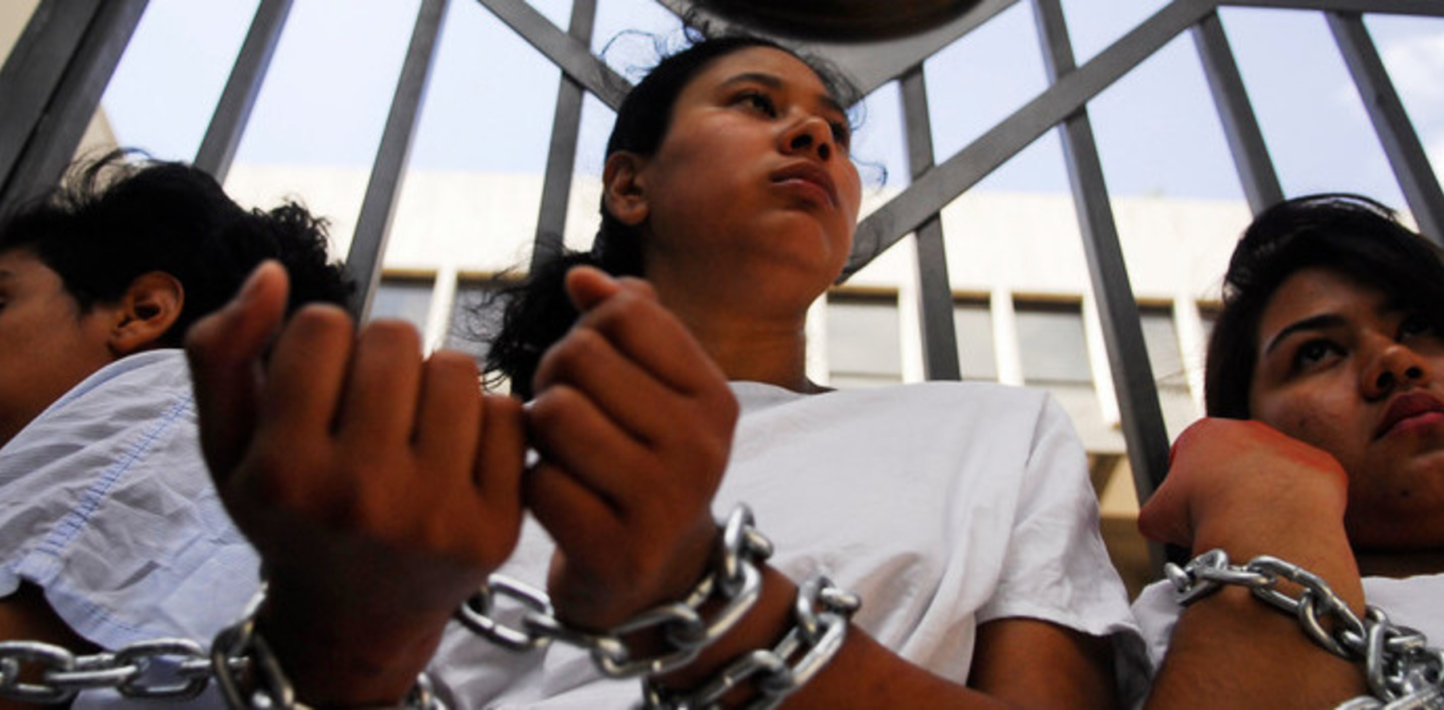Photo: REUTERS/Ulises Rodriguez.
Two decades after the adoption of a landmark global agreement on gender equality, a vicious backlash is threatening to strip women and girls of their rights, said Amnesty International ahead of a major UN meeting in New York. The organization is calling on governments to build on progress made in women’s rights and act urgently to honour these commitments.
Twenty years ago, world leaders gathered in Beijing and made a promise to protect and promote the rights of women and girls everywhere. Today, as we mark International Women’s Day, we are witnessing a backlash in many countries against the advances made in women’s rights.
Lucy Freeman, Director Gender, Sexuality and Identity Programme at Amnesty International.
“Whilst the achievements made since the adoption of the Beijing Declaration are significant, full gender equality has yet to be achieved in a single country on the planet and the rights of women and girls are under threat.”
As the UN Commission on the Status of Women (CSW) reviews the progress of the Beijing Declaration adopted in 1995, Amnesty International warns that conflict and the rise of violent extremism expose vast numbers of women to multiple human rights abuses including rape, abductions and sexual slavery.
Women throughout the world continue to face discrimination, are denied equal access to participation in public and political life and suffer sexual and gender-based violence and abuse in public places and at home. Women human rights defenders frequently face threats, intimidation and attacks, sometimes even paying with their own lives in their efforts to advance gender equality.
Women in conflict zones
In conflict zones such as Afghanistan, South Sudan, the Central African Republic, Democratic Republic of the Congo, north east Nigeria, and in areas controlled by the armed group known as Islamic State (IS) and other violent armed groups, there is escalating violence against women and girls, including widespread rape, sexual slavery and forced marriage.
Survivors of such abuses are frequently denied access to justice, while perpetrators get away with impunity. Female refugees and displaced populations are particularly at risk. Women in conflict or post-conflict situations are excluded from peace talks and ceasefire negotiations.

Threats to sexual and reproductive rights
Women and girls continue to suffer gender-based violence and other human rights violations in the belief that they are justified by tradition, custom or religion, such as forced marriage, female genital mutilation and crimes committed in the name of so called “honour”.
Some governments continue to attempt to water down previously agreed international obligations and commitments on women’s access to contraception and abortion under the guise of so-called ‘traditional values’ or ‘protection of the family’.
Around the world the ability of women to make informed decisions about their bodies is coming under increasing pressure. Their ability to have a say in the laws and policies that affect their lives is restricted. In some parts of the world women are even jailed if it is suspected they had an abortion.

Time for action
The UN Commission on the Status of Women will not just look back at the progress made in the implementation of the Beijing Declaration and Platform for Action, but will also look ahead to ways to achieve greater gender equality.
“We are calling on governments worldwide to make good on their decades-long promises to protect the rights of women and girls. They must confirm that women’s rights are human rights and act urgently to fully implement the rights of women and girls,” said Lucy Freeman.
Amnesty International is calling on states to:
• protect the rights of women and girls living in conflict situations, including increasing their participation at all levels of decision-making;
• end harmful practices and any attempts to justify them based on tradition, culture or religion;
• implement measures to prevent and protect women and girls from gender-based violence and bring perpetrators to justice;
• uphold the rights of women and girls to make free decisions about their sexuality, bodies and health and abolish laws that restrict these decisions;
• empower and enable women to participate in decision-making and leadership and to challenge negative gender stereotyping;
• promote and protect the work of women human rights defenders
In addition, as part of the its My Body My Rights campaign Amnesty International has today launched a manifesto demanding that governments turn their obligations on sexual and reproductive rights into action.
“The right of all women and girls to make informed decisions about their own bodies is coming under unrelenting attack as many governments and others increasingly attempt to control and criminalize women’s sexuality and reproduction,” said Lucy Freeman.
“This manifesto sets out the minimum standards that states must commit to in order to ensure sexual and reproductive rights for all.”
See a full copy of the manifesto here.


